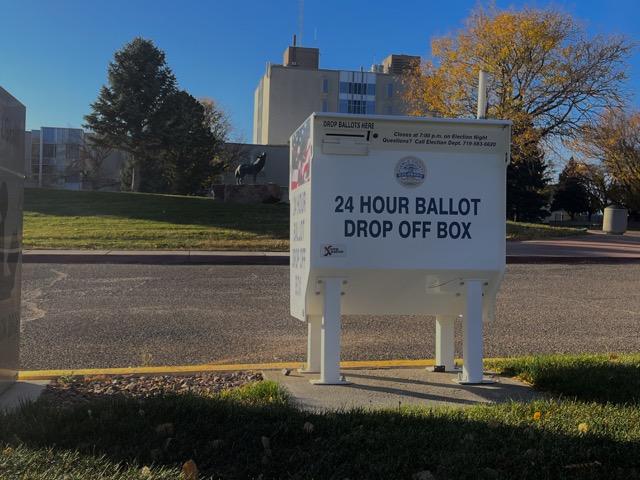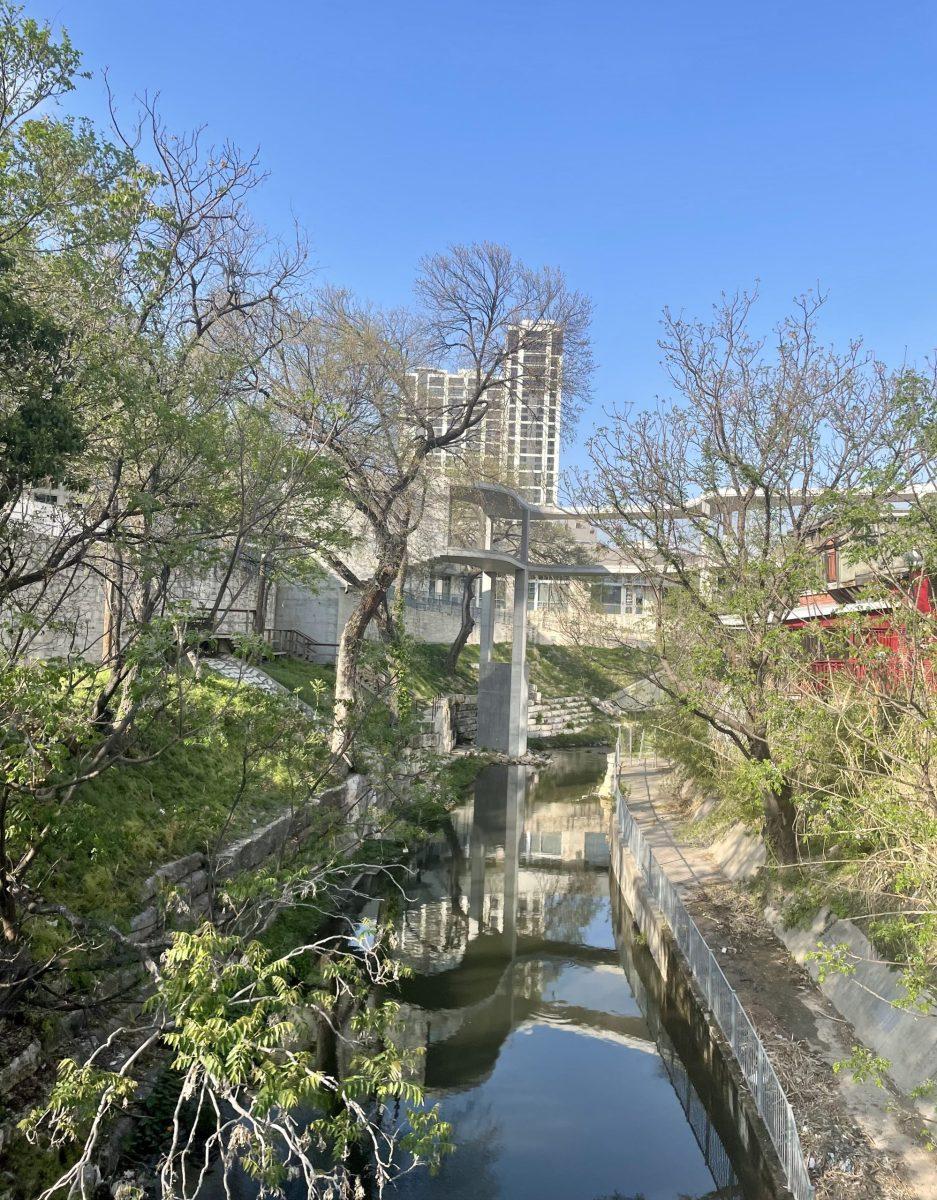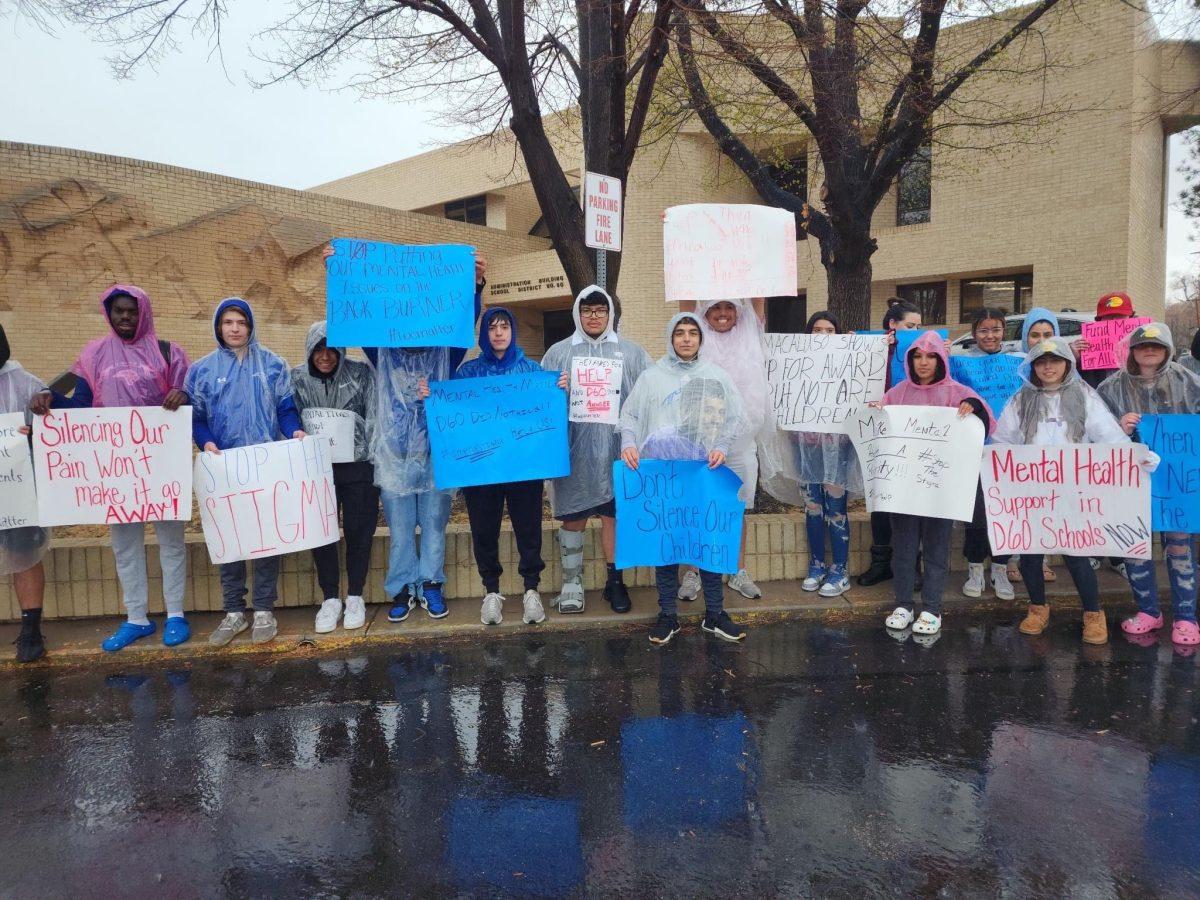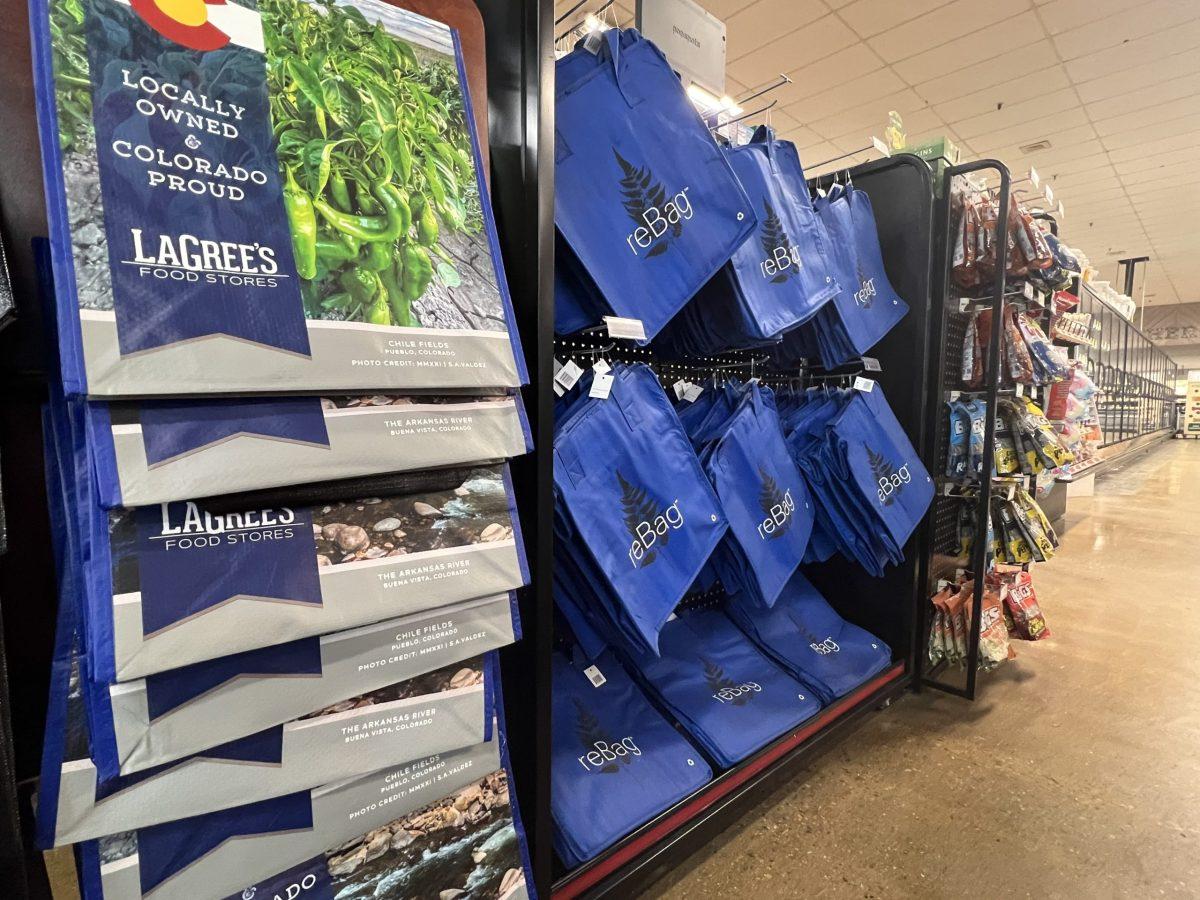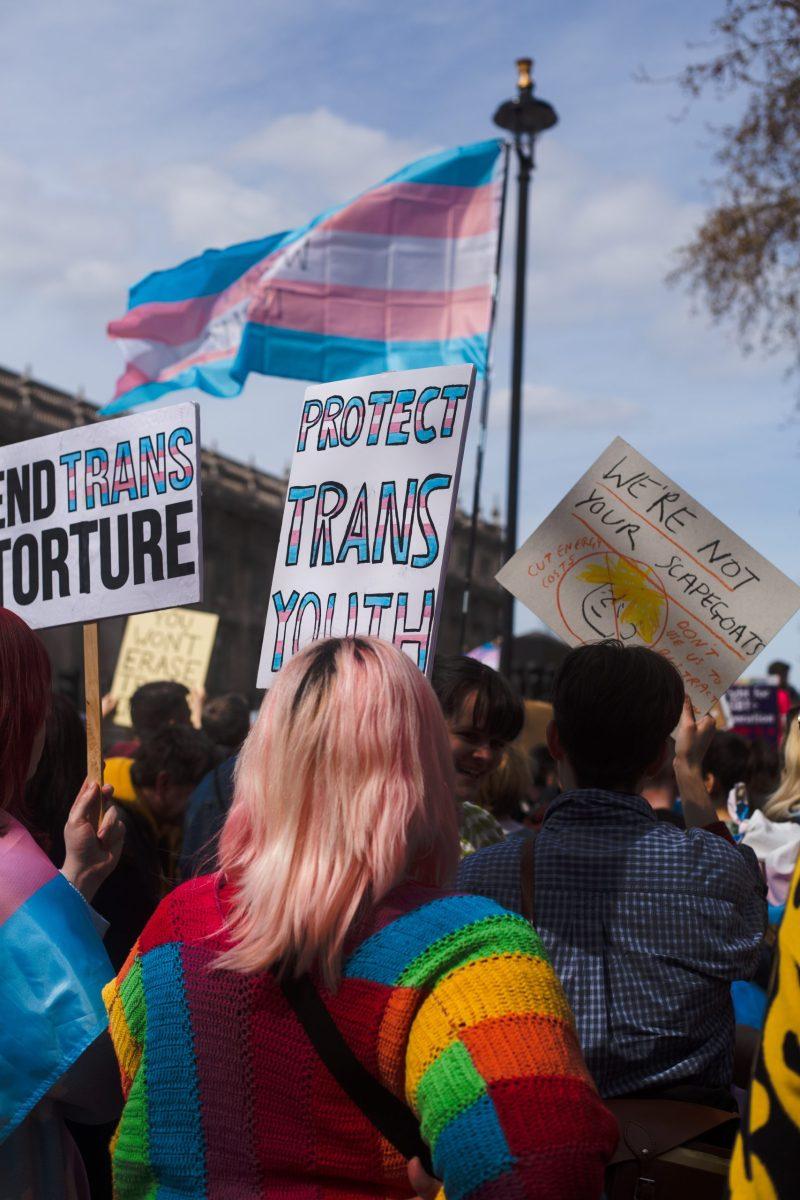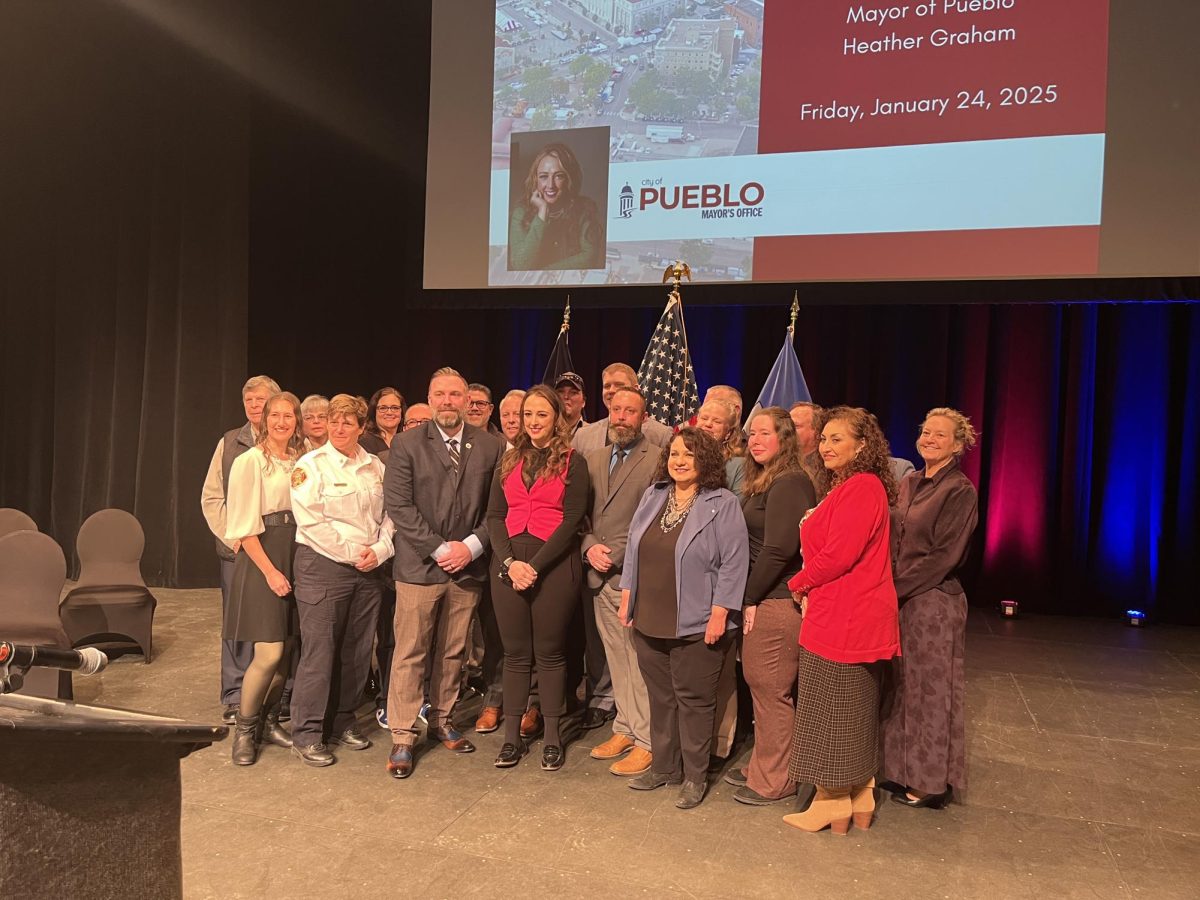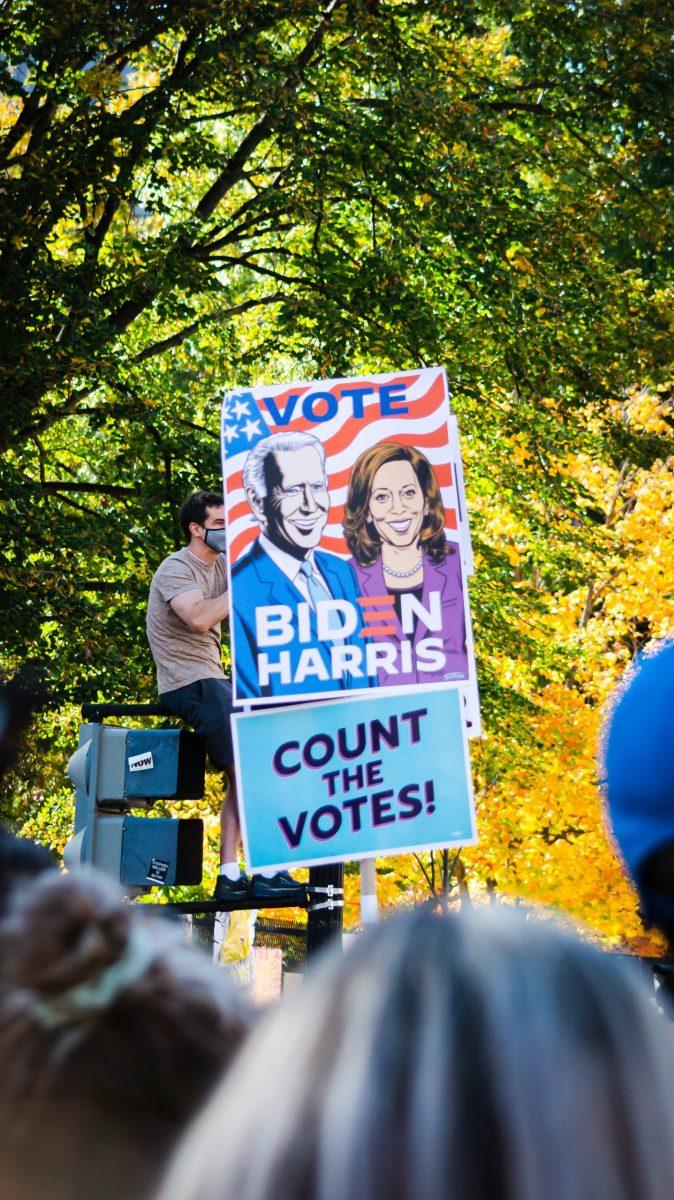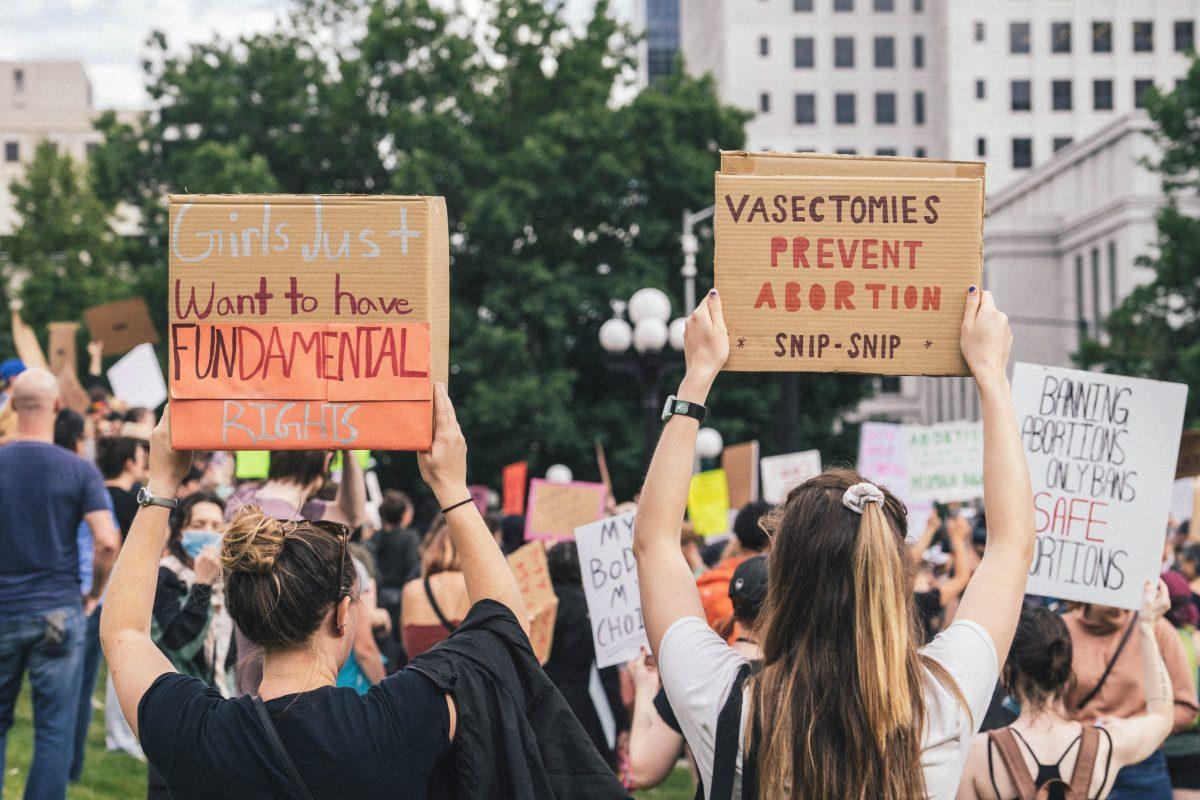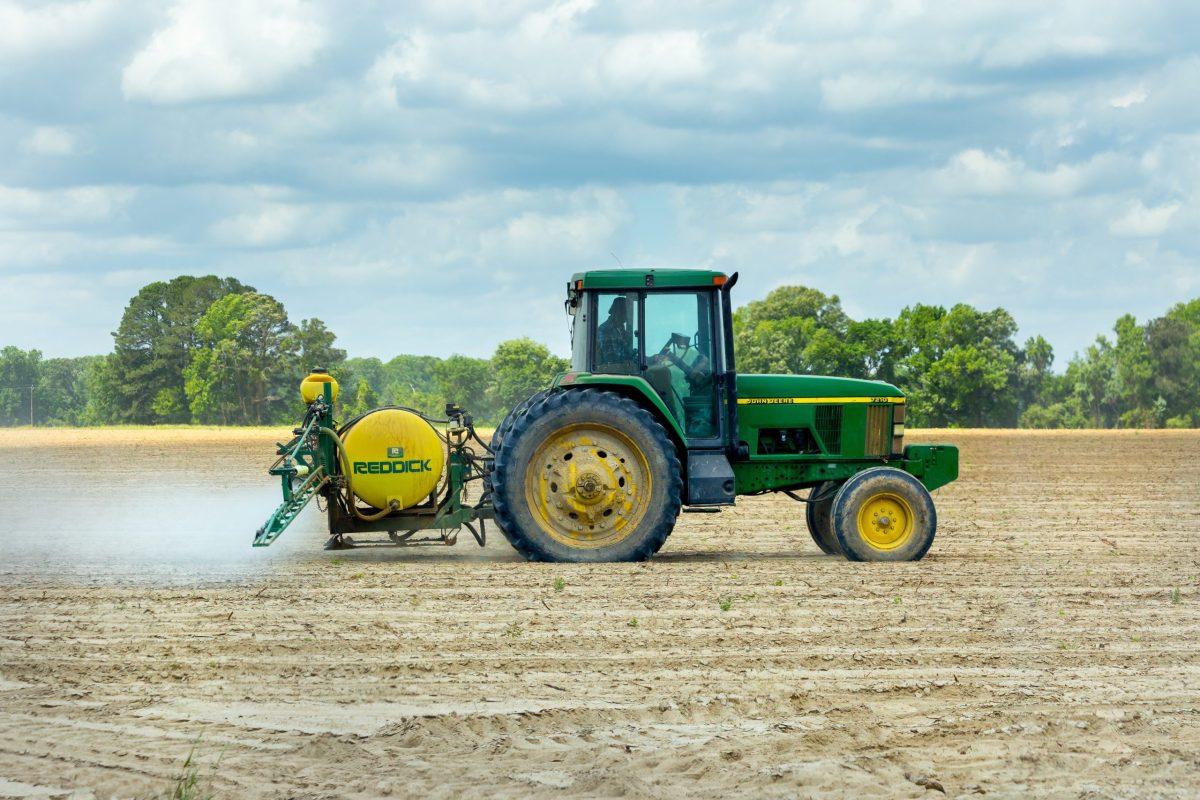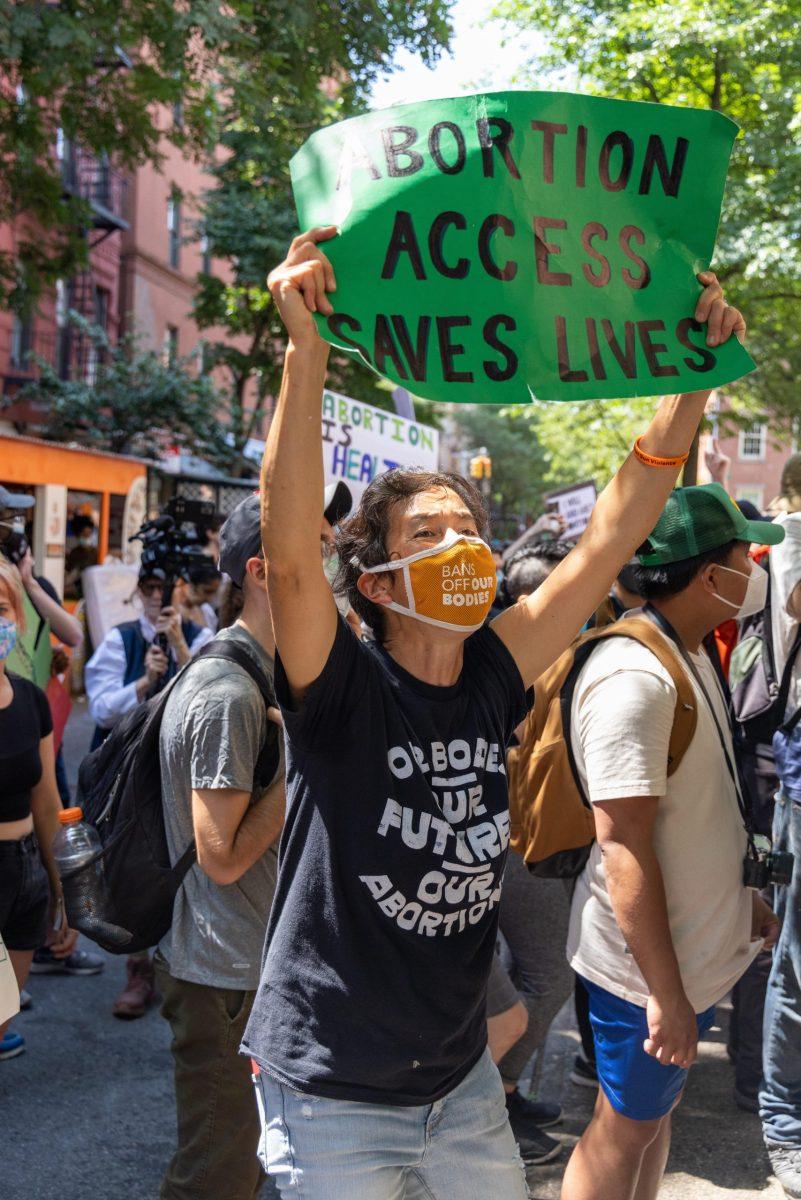By Madison Lira
In the U.S., once you turn 18, you can participate with full access to our democracy by utilizing your right to vote in local and national elections. A constitutional right that many people up until the latter half of the 20th century could not participate in because of exclusionary tactics to prevent women, people of color and many other disadvantaged groups from voting.
That right written into the Constitution did not specify who could vote, so it was mainly white men in America who were granted the right to vote. At least until the 15th Amendment gave black men the right to vote with very rigid rules, and the 19th Amendment gave women the right to vote. Many of the hurdles people of color, more notably black men and women, would have to go through to cast their ballot continued until the 1960s when the Voting Rights Act came to fruition and helped demolish those barriers.
With all that in mind, especially in the century we live in now, it may seem like your specific ballot may not matter in the sea of votes that are dropped off at polling booths or sent through the mail during election season.
That ballot you hold in your hand and are hesitant about could decide which politician and law get put into place that year. An example of why your vote does matter is the presidential race of 2016, where former President Donald Trump won the electoral college votes to be deemed President of the United States. In that election, however, fellow nominee Hillary Clinton had won the popular vote by three million but had lost those much-needed swing state votes from states such as Wisconsin and Michigan.
Although on the surface, it may seem that your vote doesn’t matter in helping to elect the next president, it does as your ballot will join dozens of others from the counties within your state that, in turn, lead to electoral votes towards the election of a new president.
Even though more significant elections, such as those for the presidency and the senate, are crucial to vote for, local elections are the most meaningful way to see your vote make an impact.
A Portland State University study found that less than 15 percent of eligible voters voted for mayors, city council members and other local offices and ordinances.
Local political science professor at Colorado State University-Pueblo, Ryan Strickler, had this to say about local elections.
“Given polarization and gridlock in Washington, for so many important issues – regarding the environment, health care, the economy, education, civil rights, and many others – the state and local level is where policy change is happening.”
No matter your party affiliation or who you decide to support in elections, it’s essential for you and everyone over 18 to vote. It is one of the critical fundamental rights Americans should exercise during each voting season. It is vital to exercise your right to see the change you wish to happen, whether local or national.




